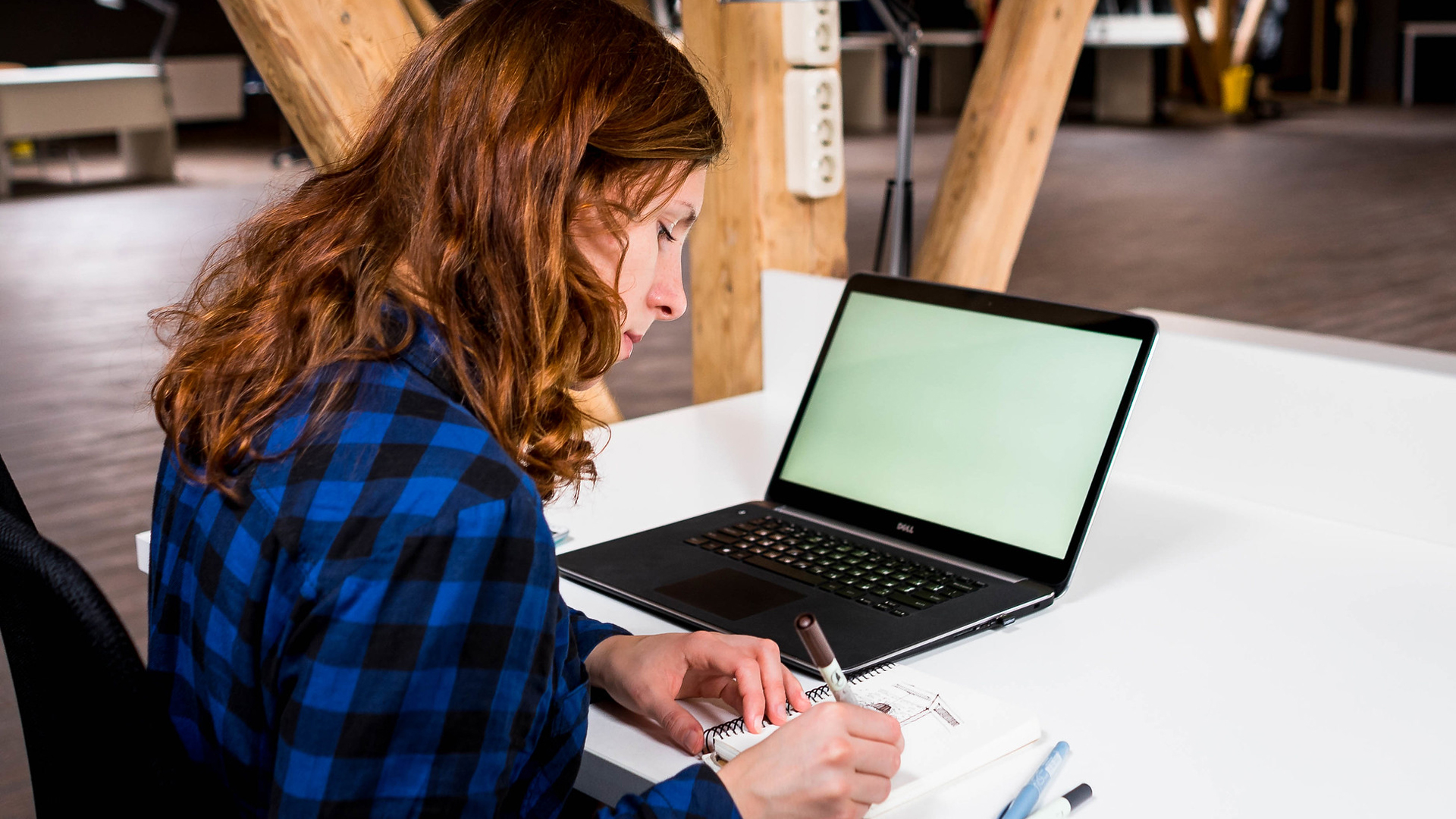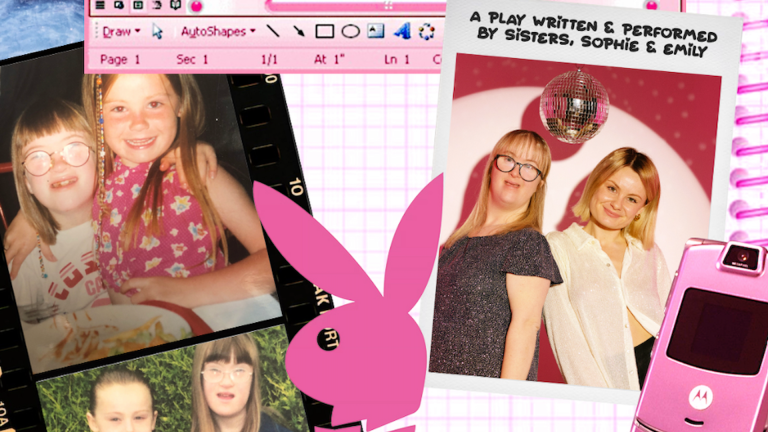YWCA Scotland – The Young Women’s Movement engages in social research each year to understand the needs, concerns, ideas and hopes of young women aged 16 to 30 in Scotland. That research culminates in our Status of Young Women in Scotland report; this year’s report (our fifth to date) on young women’s employment experiences looked particularly at the economic impact of the pandemic on young women’s work. The results are incredibly worrying.
The pandemic affected employment for more than half (51 per cent) of the young women who took part, with 25 per cent being furloughed, eight per cent being made redundant, and 20 per cent not being able to find work during the pandemic.
Young women have been disproportionately negatively affected by the pandemic with regards to economic instability. Our research identifies an urgent need for the Scottish Government, official bodies and employers to consider the ongoing impact of the pandemic on the labour market, as well as the support options offered to young women, many of whom are (re)entering the workplace and who are experiencing extreme financial precarity.
Sign The Big Issue’s petition to #StopMassHomelessness
Precarity featured repeatedly in our discussions with young women – through experiences with zero-hours contracts, socially stigmatised work, the experiences of disabled young women and young women with caring responsibilities. Young disabled women and those with long-term conditions spoke about the fear of impacting their health negatively if they continued to work, a lack of clear guidelines around shielding, and a lack of PPE equipment for frontline workers. One in 10 young women we surveyed said that there was zero support for those with caring responsibilities in their workplace, making juggling work and care difficult and stressful.
The lived experiences of young women across the country are being ignored in policy and practice. One focus group participant told us: “When the furlough scheme [was uncertain] we were asked if we wanted to take unpaid leave or take redundancy, so I voluntarily took redundancy but then again in the coming days, the furlough scheme was extended so I would have been better off being on the books and getting furlough, but they wouldn’t rehire anyone back.”










